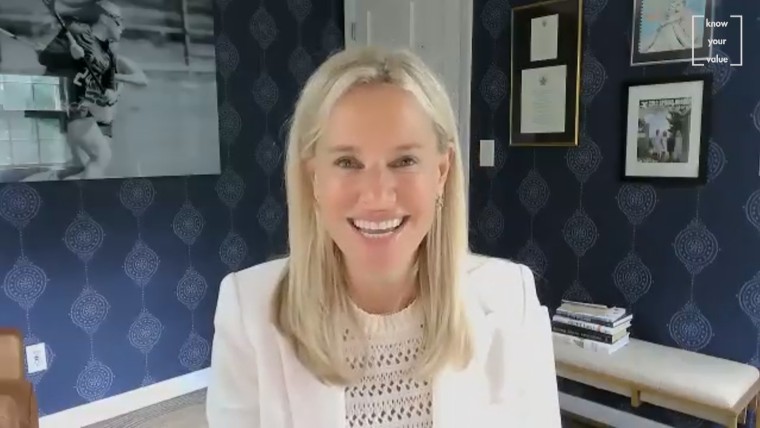Building a Justice System in the Palestinian Territories
When I became a Baha’i in 1974, I began to discover a treasure trove of guidance in the Baha’i teachings on how to address a myriad of challenging societal issues – especially the establishment of justice.
Baha’u’llah, the prophet and founder of the Baha’i Faith, characterized justice as “… the best beloved of all things in My sight.” Addressing the whole of humanity, Baha’u’llah wrote:
O well-beloved ones! The tabernacle of unity hath been raised; regard ye not one another as strangers. Ye are the fruits of one tree, and the leaves of one branch. We cherish the hope that the light of justice may shine upon the world and sanctify it from tyranny. … Take heed, O concourse of the rulers of the world! There is no force on earth that can equal in its conquering power the force of justice and wisdom ….
As I delved further into the Baha’i writings, I discovered a coherence in how best to participate in the important issues facing us. Applying the Faith’s teachings, insights, and principles became my main focus over the course of the remainder of my career.
RELATED: We All Want Justice, But What Does It Really Mean?
I began my career in the administration of justice at the Judicial Council of California in 1973. For the next 20 years (with a two year sabbatical when I served at the Baha’i World Centre) I worked as Director of the Administrative Offices of Courts for Kentucky, California, and for the Chief Executive of the Federal Courts in the Ninth Circuit Court of Appeals, whose purview consists of 14 Western States and Pacific Territories. The Ninth Circuit adjudicates one fourth of the federal cases in the United States.
Then, during the next two decades, from 1992 to 2010, I formed DPK Consulting, a firm that focused on promoting the rule of law on a global basis.
In this series of essays, I’ll draw on a few examples of the work we did to try and establish fair and equitable justice systems in many places in the world – starting with our work in the Palestinian Territories.
The historic 1990s agreements called the Oslo Accords signaled a major step towards a peace process between Israel and the Palestinian Territories. One measure of the Accords, stipulated by Israel, required a functioning Palestinian justice system prior to formal recognition of Palestine as a state.
My firm, DPK Consulting, won the contract to build a justice system in Palestine.
Over the course of the next eight years much was accomplished, even during the violent Intifada. The legal system in the Palestinian Territories now consists of a mix of legal traditions, procedures, and laws from Egyptian, Iraqi, British Mandate, Jordanian, Israeli, and Israeli Military Courts.
Prior to the elections in 2000, where Hamas won a majority in Gaza and had a major showing in the West Bank, the Palestinian Legislature attempted to create a coherent statement of law taking into account these varied traditions. After the elections, however, the Legislature ceased to operate.
Our mandate was to address the functionality of the justice system and the institutions responsible for its functioning. Our approach began by building a transparent statistical picture of the current state of affairs. We constructed a modern information technology system called Al Mizan – the Arabic word for “balance.” This system enabled us to have a clear picture of the current situation, and it also enabled the Palestinian trial courts to begin incorporating that IT system into their operations.
RELATED: Justice, Unity, Consultation: The Power to Transform the World
Simultaneously, we begin a wide range of activities to strengthen the Palestinian Authority’s legal institutions, ranging from the Supreme Court to Notary offices and the Ministry of Justice. We established a judicial training institute, and began outreach to tribal leaders in the Territories. We established educational programs for schools on the rule of law, and began developing new legal training methodologies and curriculum. We established gender and human rights units in the Ministry of Justice. This chart displays a broad range of our activities relevant to all of the Palestinian community:
We were challenged how best to communicate, educate, and inform the community about these developments. The quote from Baha’u’llah cited above came to mind, inspiring us to create visual imagery of the concepts and activities we undertook. That became the focus of our efforts, so we produced a movie that encapsulated these activities and accomplishments through a narrative – a hypothetical court case where all of the values, practices, and newly created institutions could be seen in action.
The movie was shown at all Palestinian schools, and repeatedly aired on national television. We learned from our follow-up that indeed it had been successful in communicating many of our achievements, and more importantly it helped create an image of the justice system, which the population could now reasonably expect to serve the public.
We were inspired in all of this work by the Universal House of Justice, the democratically-elected administrative body of the world’s Baha’is, who urged every Baha’i to “… feel an obligation to be actively engaged in the process of the transformation of society.”

Source link






